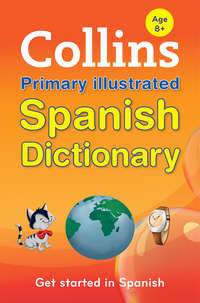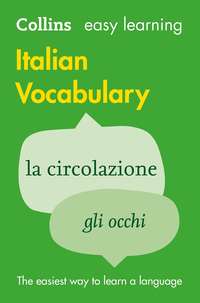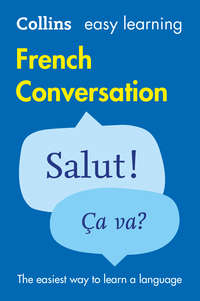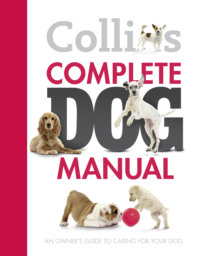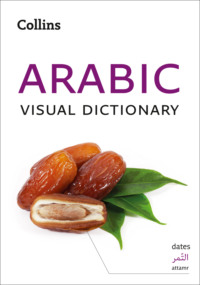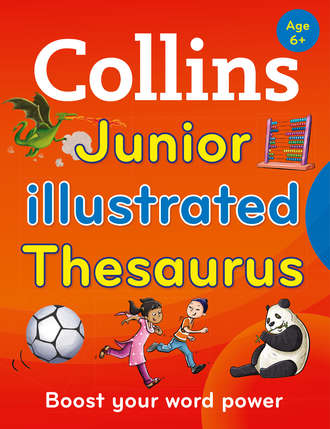
Полная версия
Collins Junior Illustrated Thesaurus
Mum said her new outfit would be perfect for the wedding.
wardrobe
A famous designer planned the wardrobe for the musical.
wear
The shop sold everything you could want in the way of outdoor wear.
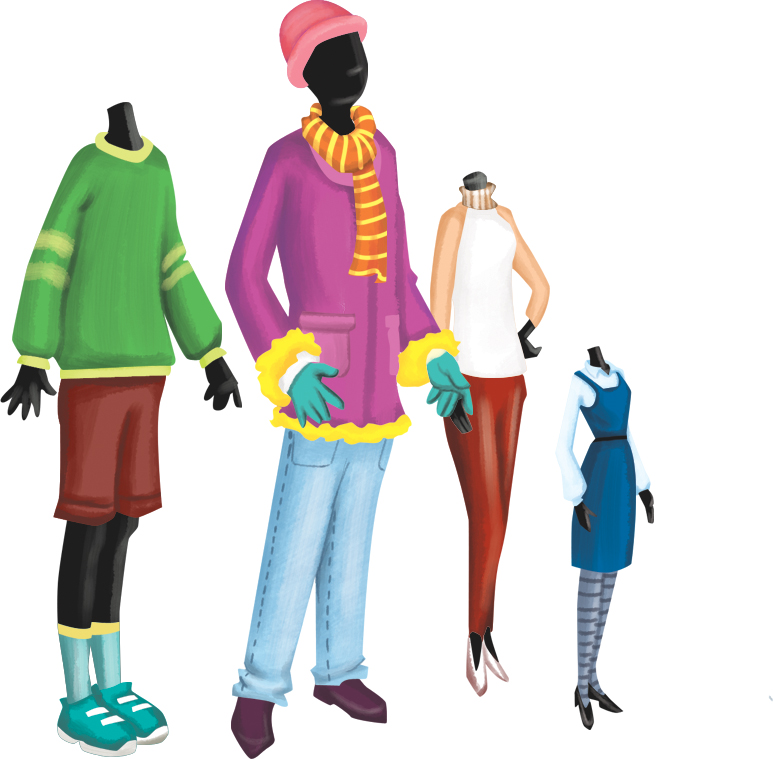
cold ADJECTIVE
If the weather is cold, the temperature outside is low.
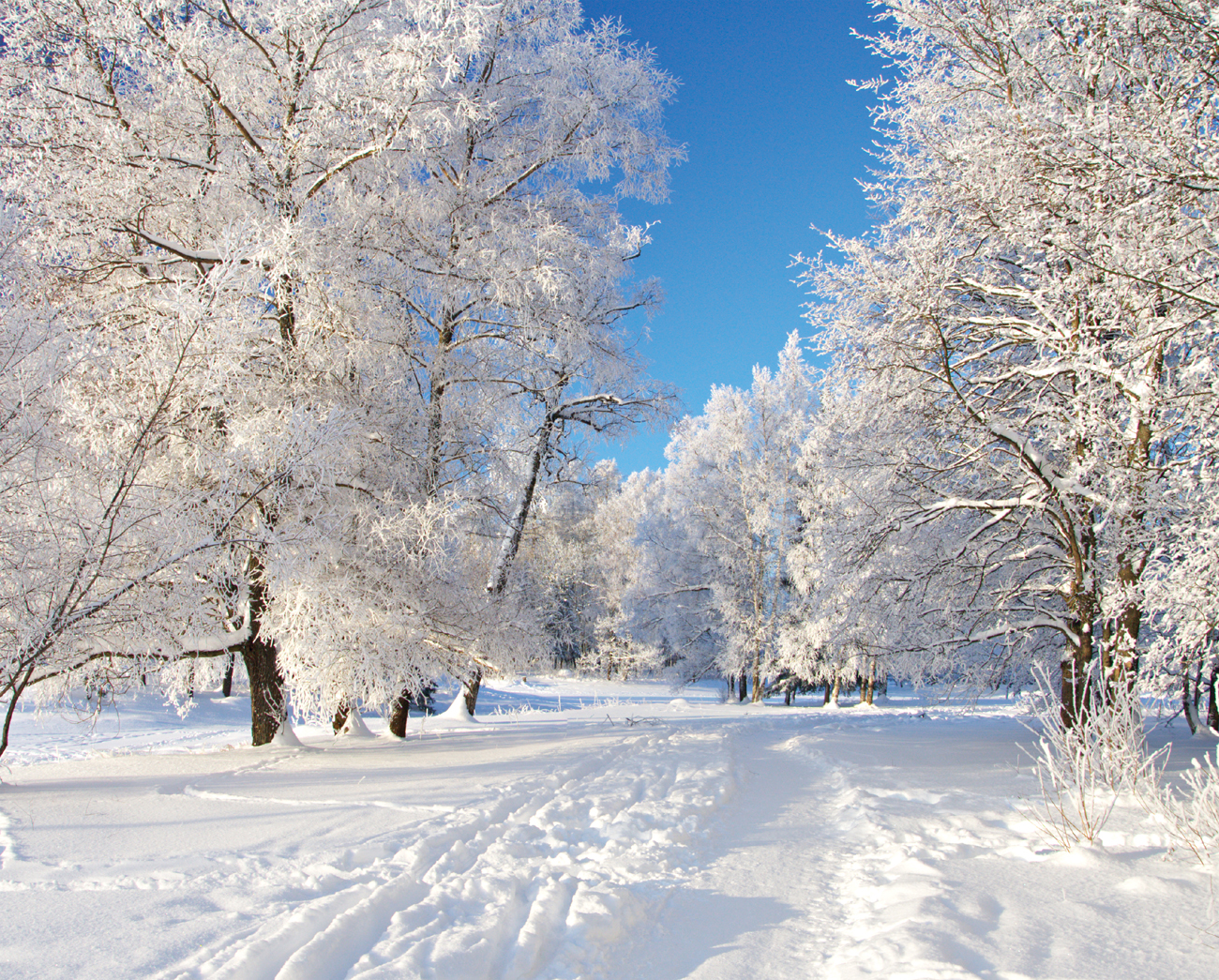
WORDS THAT DESCRIBE THE COLD:
arctic
biting
bitter
chilly
cool
freezing
frosty
frozen
icy
raw
wintry
collect VERB
If you collect a number of things, you bring them together.
assemble
They assembled lots of food for the midnight feast.
gather
We went out to gather blackberries from a field near our house.
hoard
David hoarded empty glass bottles for his display.
raise
The school is trying to raise money for Children in Need.
save
We have been asked to save used stamps for a school project.
collection NOUN
A collection is a group of things brought together over a period of time.
assortment
The bathroom shelf is full of an assortment of shampoo bottles.
heap
Now and again, Dad adds another book to the heap.
mass
Dan worked his way through a mass of clothes to find his jeans.
pile
There was a pile of smelly old trainers in the corner.
set
“One more card and I’ll have a complete set,” said Raymond.
colour NOUN
The colour of something is the way it looks in daylight.
shade
The walls were painted in different shades.
tint
The autumn leaves were taking on a warm red tint.
DIFFERENT COLOURS:
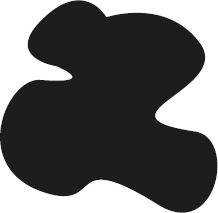
black

blue
navy
sky blue
turquoise
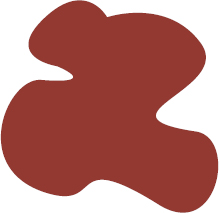
brown
chocolate
coffee
fawn
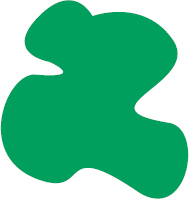
green
bottle-green
lime
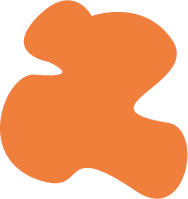
orange
tan
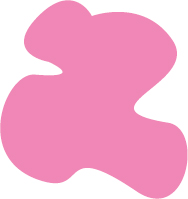
pink
rose

purple
lavender
lilac
mauve
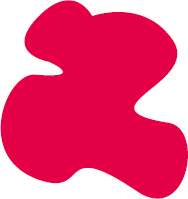
red
crimson
scarlet
vermilion
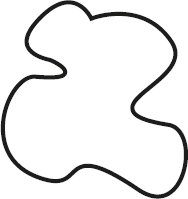
white
cream
ivory
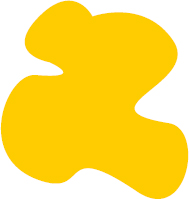
yellow
amber
gold
come VERB
To come to a place is to move there or arrive there.
appear
We all giggled when the magician’s rabbit appeared on stage.
approach
The guard dog growled loudly when the stranger approached.
arrive
The train arrived, and Grandma got out.
draw near
As they drew near to the castle, the great door opened.
show up
Most of the acts were good, but the conjuror didn’t show up.
turn up
“Don’t worry about us. We’ll turn up later,” said Ted.
visit
The Mayor is going to visit this afternoon.
ANTONYM: go
comfortable (1) ADJECTIVE
Something comfortable makes you feel relaxed and snug.
cosy
My room’s warm and cosy in winter, even when it’s freezing outside.
snug
Jamil felt snug tucked up in bed.
soft
Charlotte snuggled into the soft pillow and fell asleep straight away.
comfortable (2) ADJECTIVE
If you are comfortable, you feel at ease.
contented
The cat looked contented stretching out beside the fire.
happy
He was happy in his new room.
relaxed
Rebecca felt relaxed in the company of her friends.
ANTONYM: uncomfortable
common ADJECTIVE
If something is common, you often see it or it often happens.
average
It’s average behaviour for a boy of his age.
everyday
Children feeding ducks on the pond is an everyday sight in this park.
standard
Power steering is standard in many cars that are made today.
usual
It is quite usual to see dogs and cats getting on well together.
competition NOUN
A competition is an event to see who is best at doing something.
championship
Our school is taking part in the junior swimming championship.
contest
There was a fierce contest between the red and blue teams.
game
Supporters cheered when their team won the game.
race
Attilio was by far the fastest runner and easily won the race.
tournament
My brother is through to the finals of the table-tennis tournament.
complete (1) ADJECTIVE
If something is complete, there is nothing missing.
entire
I’ve got the entire set of famous people in my album.
full
The teacher wanted a full report of the science experiment.
whole
Amy recited the whole poem without a single mistake.
complete (2) VERB
If you complete something, you finish it.
conclude
The head teacher concluded his lecture with a warning about litter.
do
Have you done your homework?
end
Simon ended his talk by asking if there were any questions.
finish
Charles couldn’t think how to finish his story.
conversation NOUN
If you have a conversation with someone, you talk to each other.
chat
My mum likes to have a chat with friends over a cup of coffee.
discussion
There was a long discussion about which class Sheena should be put in.
gossip
The opening of the new school provided plenty of gossip.
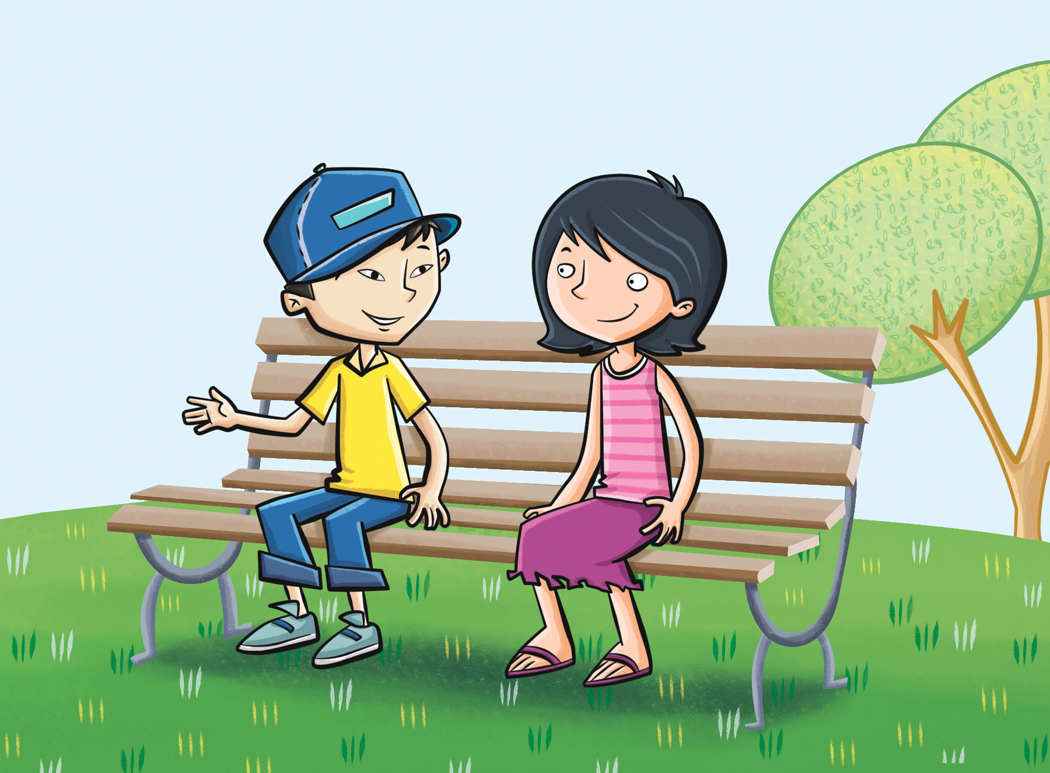
talk
“I think we should have a talk about this,” said his teacher.
cook VERB
When you cook food, you prepare it for eating by heating it.
WAYS OF COOKING:
bake
barbecue
boil
fry
grill
microwave
poach
roast
steam
stew
stir-fry
toast
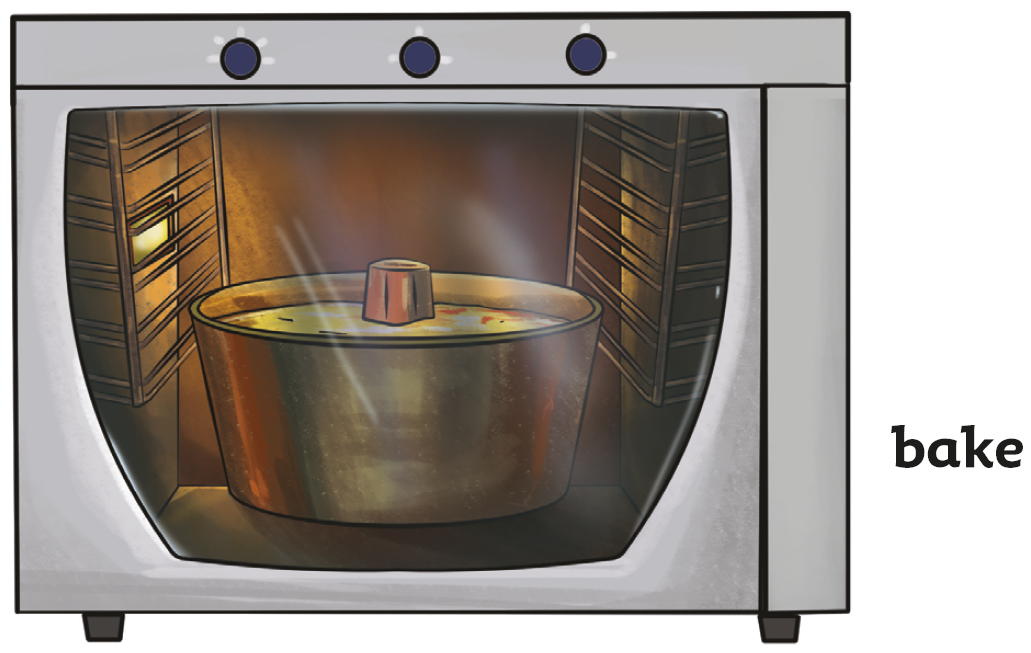
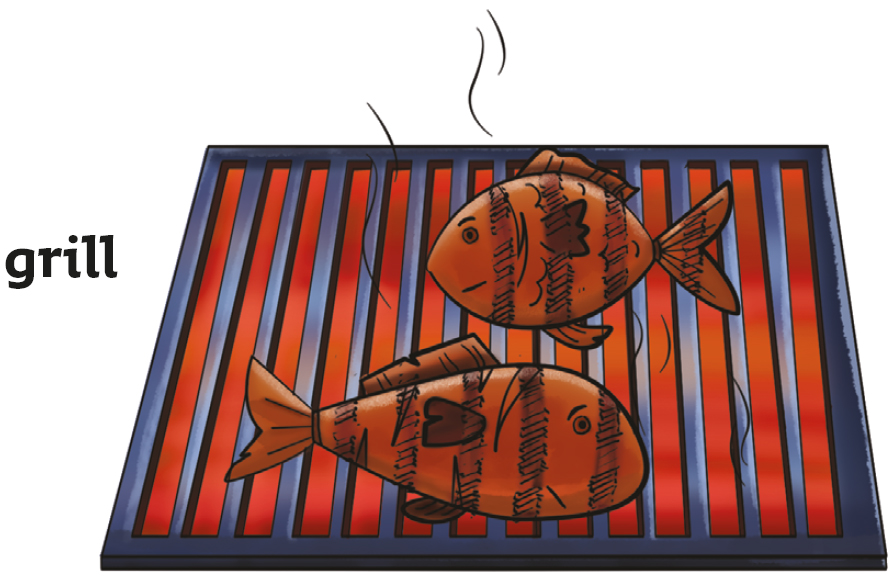
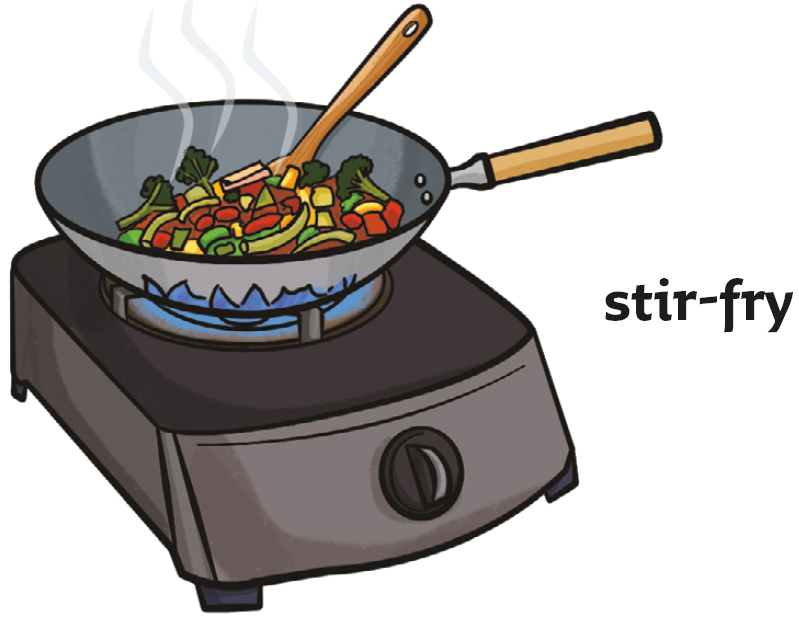
copy (1) NOUN
A copy is something made to look like something else.
fake
The police say that painting is a fake.
forgery
He thought the man gave him a twenty-pound note, but it was a forgery.
imitation
Those jewels are only imitations. They’re made of glass.
photocopy
“Can you give me a photocopy of that page?” asked Domenica.
It’s not an original painting. It’s a print.
replica
Manuel bought a plastic replica of the Eiffel Tower.
copy (2) VERB
If you copy what someone does, you do the same thing.
follow
“You must follow my movements exactly,” said the dance teacher.
imitate
She can imitate her mum’s voice.
impersonate
Frank is really good at impersonating famous people.
mimic
Ben can mimic the sounds animals make.
mirror
We carefully mirrored the movements of the karate teacher.
trace
Kim carefully traced the outline of the country into her book.
correct ADJECTIVE
Something that is correct is true and has no mistakes.
accurate
Make sure that your measurements are accurate, or the pieces will not fit together.
exact
It’s no good guessing the amount of flour you need, it must be exact.
precise
“It’s very important that the details you give are precise,” said the policeman.
right
In the test, all his answers were right.
true
“Your report may be exciting,” said her teacher, “but is it true?”
cosy ADJECTIVE
A house or room that is cosy is comfortable and warm and not too big.
comfortable
It was a comfortable room with lots of deep armchairs and thick rugs.
snug
We love our house because it’s so snug.
warm
The fire sent out a warm, welcoming glow.
count VERB
If you count a number of things, you find out how many there are.
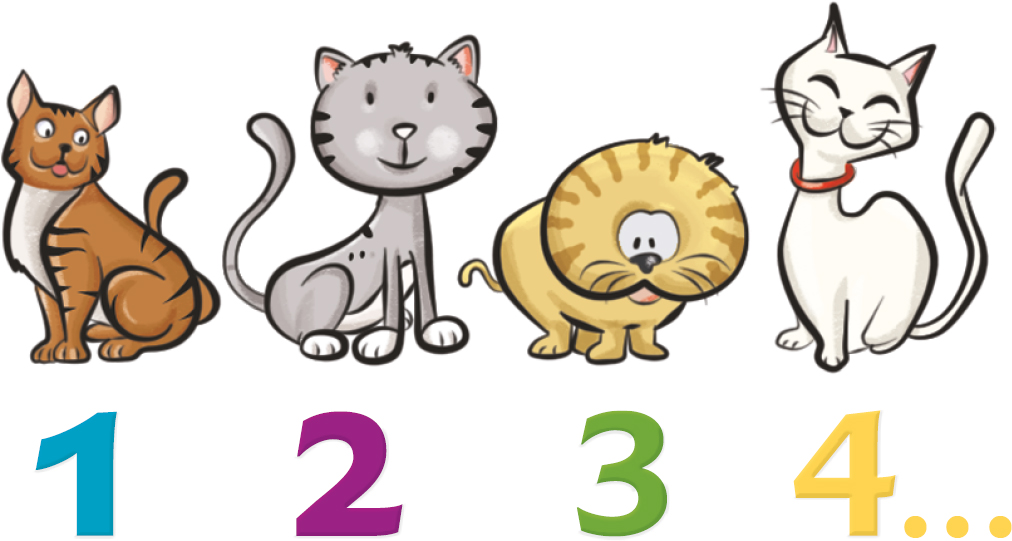
add up
She added up her pocket money to see if there was enough to go to the cinema.
calculate
Patrick calculated the number of hours he had spent doing his homework.
tally
The whole class stayed to tally the votes for the football captain.
work out
Work out how much you’ve got, and how much more you need to buy this bike.
cover VERB
If you cover something, you put something else over it to protect or hide it.
cloak
Mist cloaked the mountain top, making it too dangerous to climb.

conceal
The boy concealed his work with his hand.
hide
During winter a blanket of snow hid the lawn and flowerbeds.
mask
Edmund masked his feeling of dismay with a smile.
crack NOUN
A crack is a line or gap on something that shows it is damaged.
crevice
Many spiders lurked in crevices in the old stone wall.
gap
They had to watch the game through a gap in the fence.
split
One of the pieces of wood had a large split at the end.
crash NOUN
A crash is a sudden loud noise like something breaking.
clash
Fabian brought the cymbals together with a clash.
clatter
The metal tray dropped to the ground with a clatter.
smash
There was a smash as the stereo hit the floor.
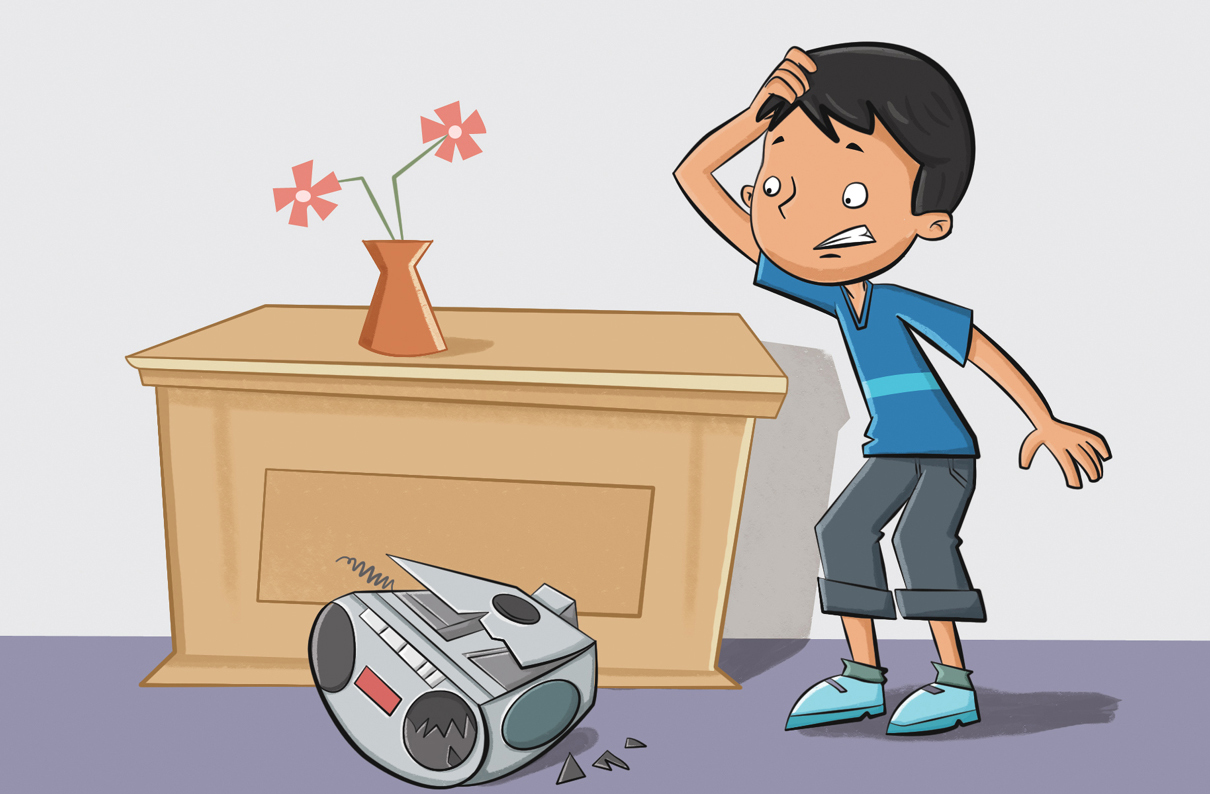
crime NOUN
A crime is something that is against the law of a country.
KINDS OF CRIMES:
arson
burglary
graffiti
hijacking
joyriding
mugging
murder
piracy
robbery
shoplifting
smuggling
stealing
terrorism
theft
vandalism
criminal NOUN
A criminal is someone who has done something that is against the law.
KINDS OF CRIMINALS:
arsonist
burglar
graffitist
hijacker
joyrider
mugger
murderer
pirate
robber
shoplifter
smuggler
terrorist
thief
vandal
crooked ADJECTIVE
Something that is crooked is bent or twisted.
bent
Shadha complained she couldn’t get any juice through the bent straw, so the waiter got her another.
twisting
A twisting path led through the woods to the cottage.
warped
The wood was so warped they couldn’t use it for anything but firewood.
cross ADJECTIVE
Someone who is cross is angry about something.
angry
Adrian was so angry he could hardly speak to her.
annoyed
Grandpa was annoyed when he found slugs had eaten his lettuces.
grumpy
Steven felt grumpy about not being well enough to go out.
irritable
Flies pestered the pony and made him very irritable.
cruel ADJECTIVE
Someone who is cruel hurts people or animals without caring.
brutal
The police said it was a brutal murder.
cold-hearted
The kidnapper was cold-hearted and ignored their pleas.
heartless
A heartless burglar smashed my grandma’s favourite vase.
vicious
The burglar aimed a vicious kick at the guard dog.
ANTONYM: kind
crush VERB
To crush something is to destroy its shape by squeezing it.
flatten
They flattened the soft drink cans before recycling them.
screw up
Tibbles screwed up Mum’s jacket when she slept on it.
squash
I dropped the shopping bag and squashed the tomatoes.
cry (1) VERB
To cry means to call out loudly.
call
He called, “Anybody there?”
shout
“I can’t hear you,” she shouted.
shriek
“Oh no!” shrieked Libby. “My new jeans have shrunk.”
yell
Debbie had to yell above the din in the school playground.
cry (2) VERB
When you cry, tears come from your eyes and trickle down your face.
grizzle
The baby grizzles when he’s hungry.
howl
My sister howled when her gerbil died.
snivel
“It’s no good snivelling,” said the ugly sisters. “You’re not going to the ball.”
sob
Tommy sobbed when he dropped his ice cream.
wail
“I wanted to go to the pantomime!” wailed Roly.
weep
Lara wept as she waved goodbye.
whimper
The puppy whimpered when Abdul went off to school.
cut (1) VERB
If you cut something, you use a knife or scissors to remove parts of it.
carve
Nicholas carved the wood into the shape of a cat.
chop
The cook chopped an onion and carrot into small pieces.
clip
Katherine clipped out an advertisement from the newspaper.
mow
Grandpa loves mowing his lawn to keep it neat and tidy.
prune
Rose bushes need pruning in spring.
saw
The gardener sawed up some wood to make a nesting box.
slice
Mrs Cratchit always sliced the bread too thinly.
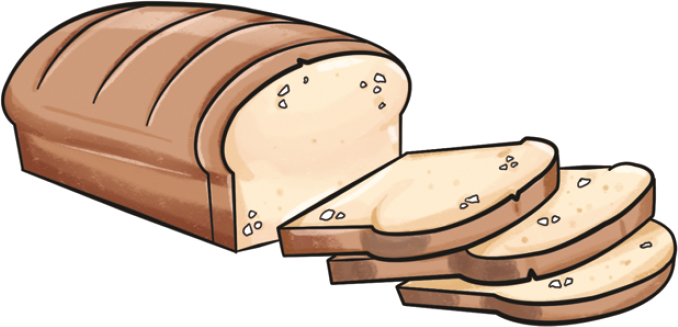
snip
The hairdresser snipped off my long hair.
trim
The barber carefully trimmed the wizard’s long beard.
cut (2) VERB
To cut can mean to reduce something.
lower
The supermarket is lowering a lot of its prices this week.
reduce
The government is trying to reduce the amount of traffic on the roads.
Dd
damage VERB
To damage something means to harm or spoil it.
break
My little sister has broken her doll already.
chip
Melanie was furious when she chipped her nail varnish.
dent
A gatepost got in the way and dented Dad’s bumper.
destroy
An unexpected storm destroyed their beach hut.
ruin
“You’ve ruined my painting!” David screamed angrily.
scratch
Natalie’s bike was scratched when it fell in the holly bush.
spoil
The baby knocked over a cup and spoiled my homework.
vandalize
Someone has vandalized the phone box on the corner of our street.
wreck
Rocks often wreck boats that come too close to shore.
dance VERB
When you dance, you move your body in time to music.
SOME KINDS OF DANCING:
ballet dancing
ballroom dancing:
foxtrot
quickstep
tango
waltz
break dancing
disco dancing
folk dancing
Highland dancing
Irish dancing
line dancing
salsa
square dancing
tap dancing
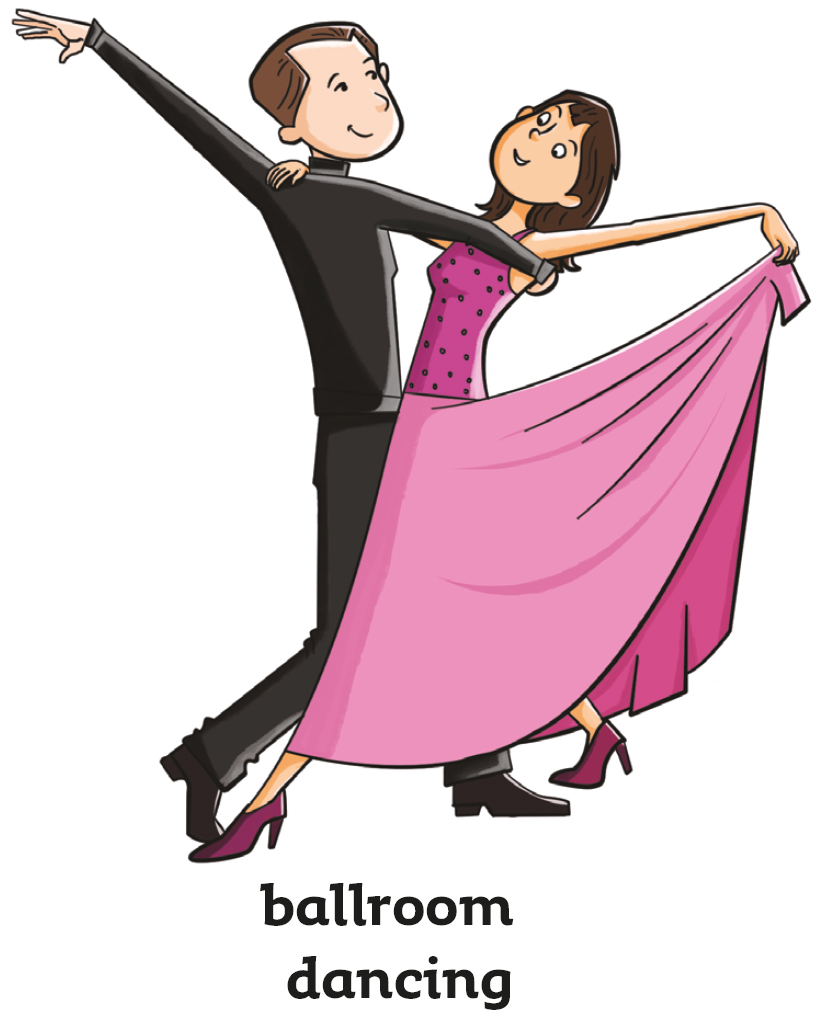
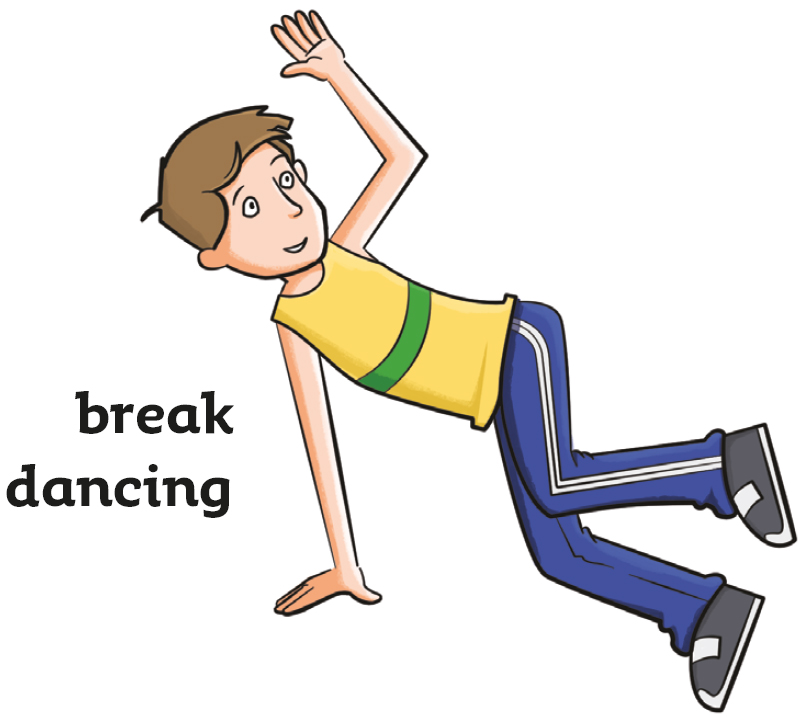
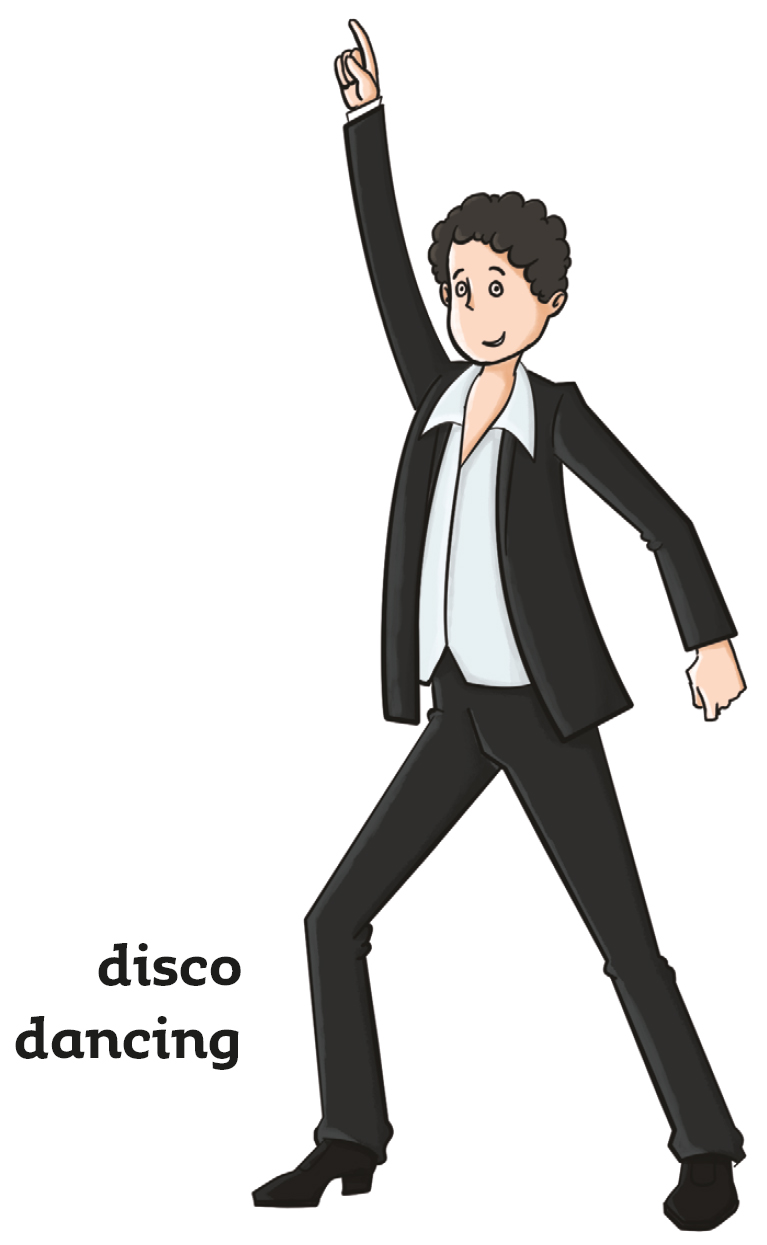
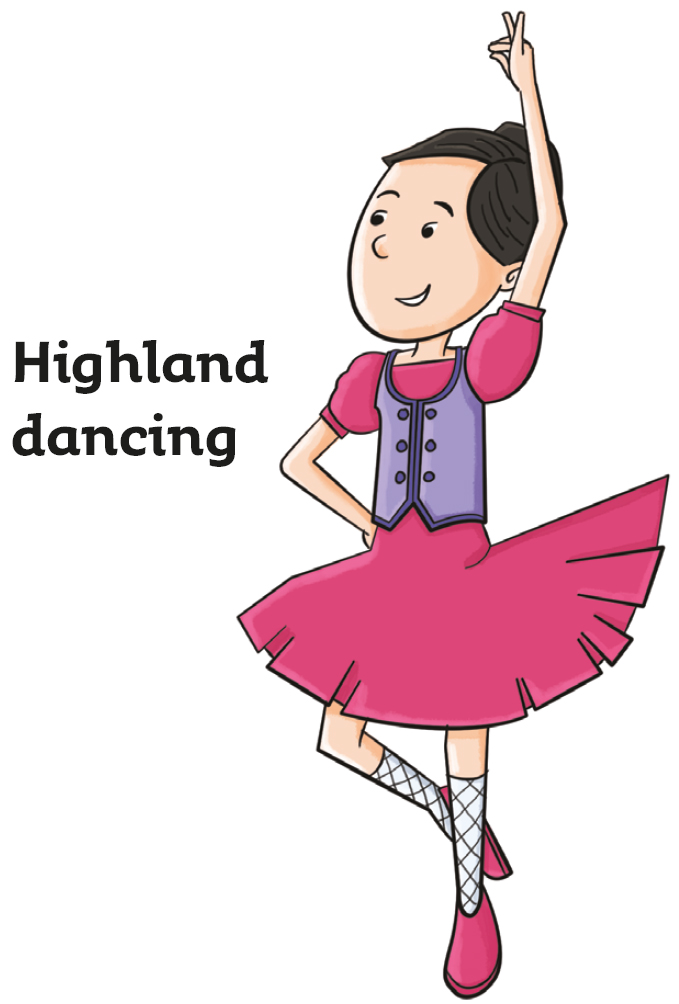
dangerous ADJECTIVE
If something is dangerous, it is likely to harm you.
alarming
Rainforests are disappearing at an alarming rate.
deadly
The bite of some snakes can be deadly.
harmful
Medicines can be harmful if taken by the wrong person.
menacing
The captain waved his hook at Peter in a menacing fashion.
risky
They decided the adventure was getting too risky.
treacherous
Road conditions were treacherous in the thick fog.
unsafe
The bridge was rotten and unsafe to cross.
ANTONYM: safe
dark ADJECTIVE
When it is dark, there is not enough light to see properly.
black
The night was black and stormy.
dim
They could hardly see in the dim hallway.
gloomy
Rooms in the old castle were damp and gloomy.
murky
The submarine moved slowly in the murky depths of the ocean.
shadowy
A shadowy figure emerged from the misty woods.
unlit
It looked as if no one was home as all the rooms were unlit.
delicious ADJECTIVE
Food that is delicious tastes or smells very nice.
mouthwatering
At the village fair, the smell of frying onions was mouthwatering.
scrumptious INFORMAL
When we got home from school, Mum made us a scrumptious apple pie.
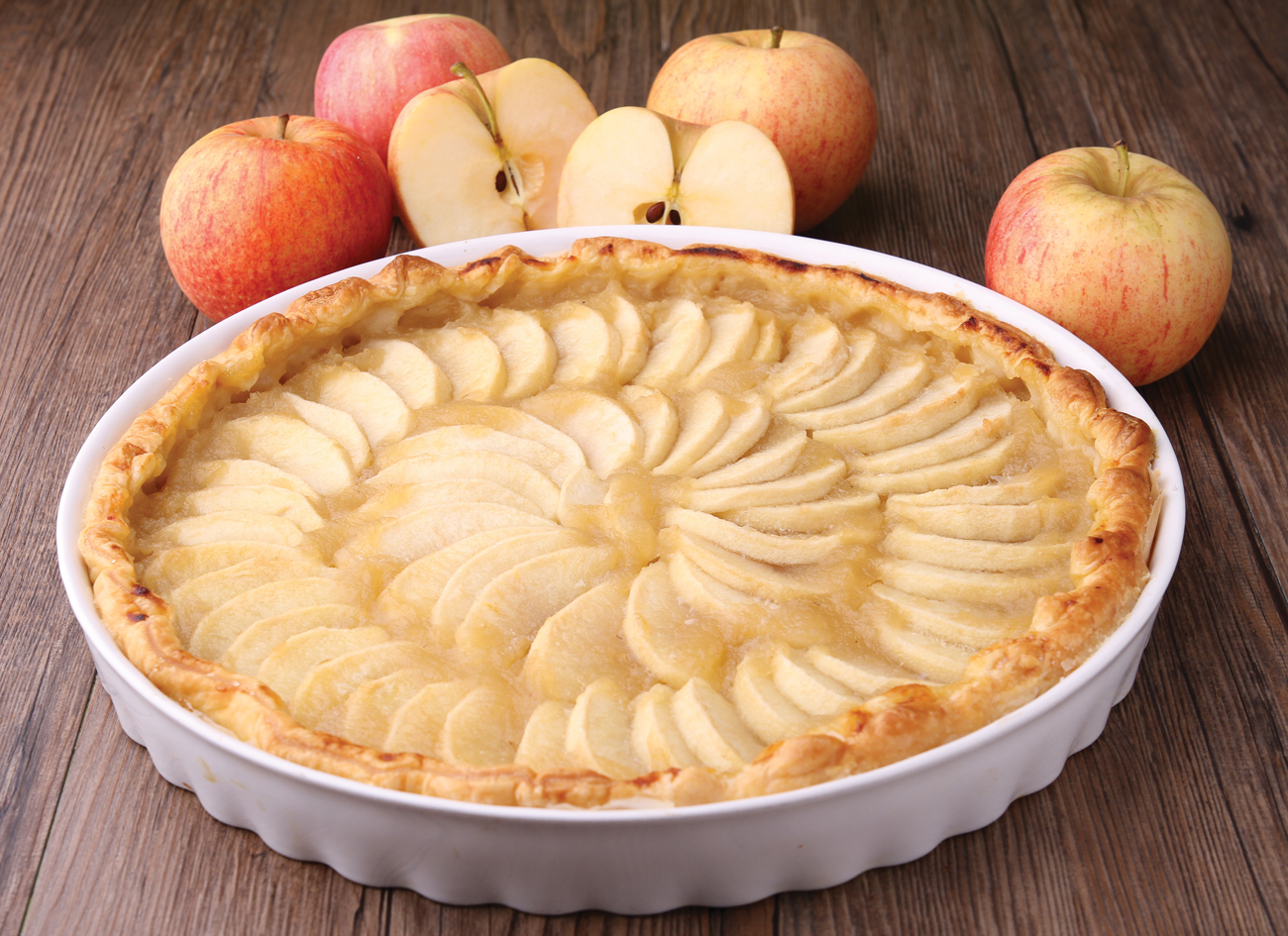
tasty
Andrew enjoyed a tasty snack on his way home from football training.
ANTONYM: horrible
demonstrate (1) VERB
If someone demonstrates something, they show you how to do it.
explain
Jamie explained how to separate the yolks and whites of eggs.
illustrate
Our music teacher illustrated how to play the violin.
demonstrate (2) VERB
If people demonstrate, they hold a public meeting or march to show they are strongly for or against something.
march
Sometimes thousands of people march in the capital to make their feelings known to the government.
protest
When people protest, they often meet to carry banners and shout slogans.
deserted ADJECTIVE
If a place is deserted, there are no people there.
abandoned
In the middle of the wood, the boys came upon an abandoned cottage.
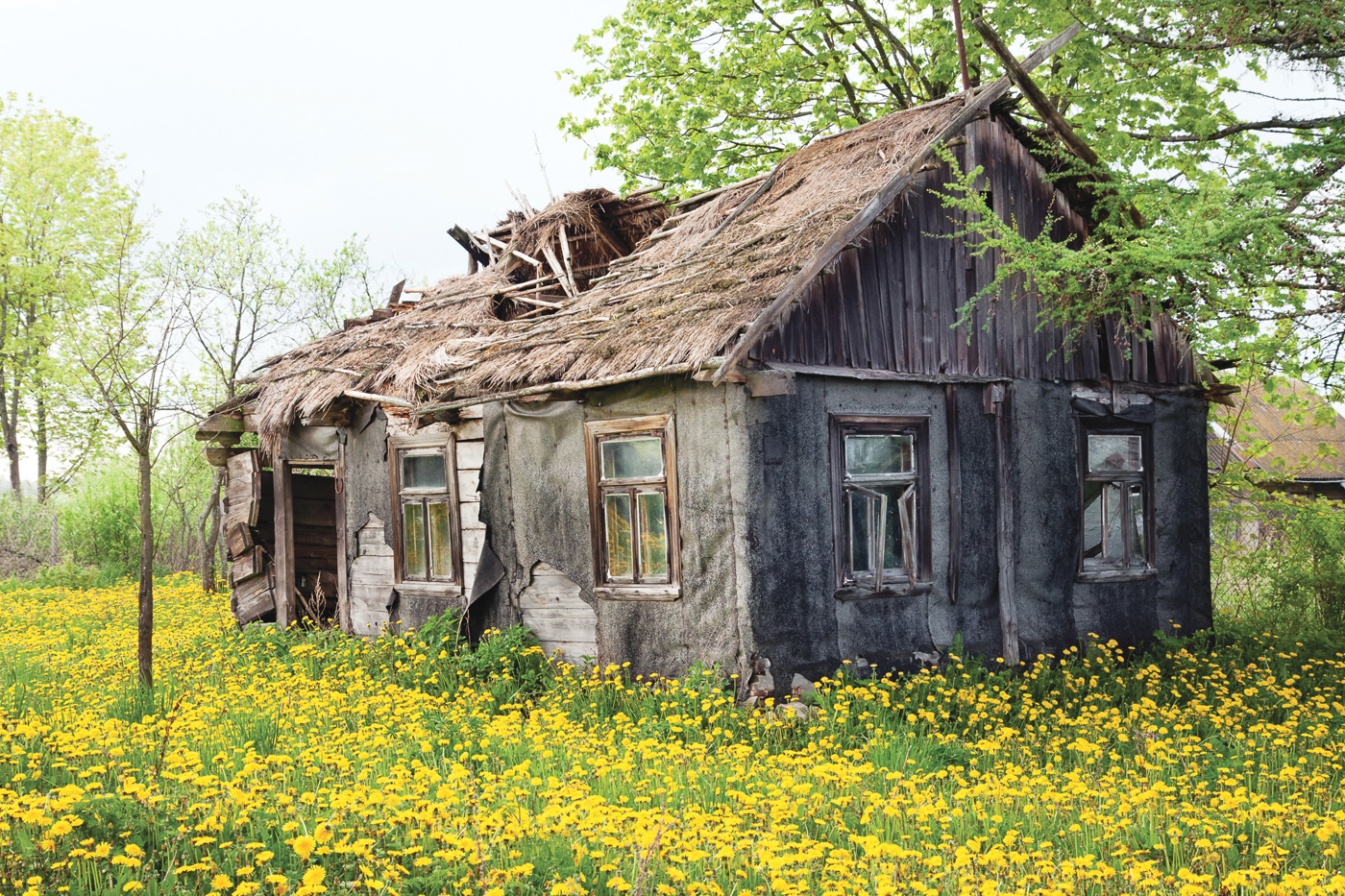
empty
They saw a farmhouse and ran towards it to ask for water, but it was empty.
destroy VERB
To destroy something means to damage it so much it cannot be mended.
crush
The cottages were crushed under the feet of the angry giant.
damage
A tree fell in the storm and damaged our garden shed.
demolish
Builders demolished an empty house to make space for a new theatre.
ruin
People complained that the new building ruined their view.
smash
The jetty was smashed when a motorboat went out of control.
wreck
Many ships used to be wrecked on rocks around the coast before lighthouses were built to signal warnings.
different (1) ADJECTIVE
Something that is different from something else is not like it in one or more ways.
assorted
I like boxes of assorted biscuits best.
changed
He seemed changed somehow. Perhaps it was the short hair.
mixed
Alex had mixed feelings about going up a grade at school.
opposite
Mum’s quite opposite to me. She likes my room to be tidy and I like it to be a mess.
various
He had various excuses for being late.
different (2) ADJECTIVE
Something different is unusual and out of the ordinary.
bizarre
Have you seen Polly’s new hairstyle? It’s really bizarre!
extraordinary
The magician at the party performed some extraordinary tricks.
peculiar
There was something peculiar about the expression on his face.
special
I wanted to do something special for my seventh birthday.
unusual
The baby had an unusual cry.
➔ something else
dig VERB
When people or animals dig, they break up a surface.
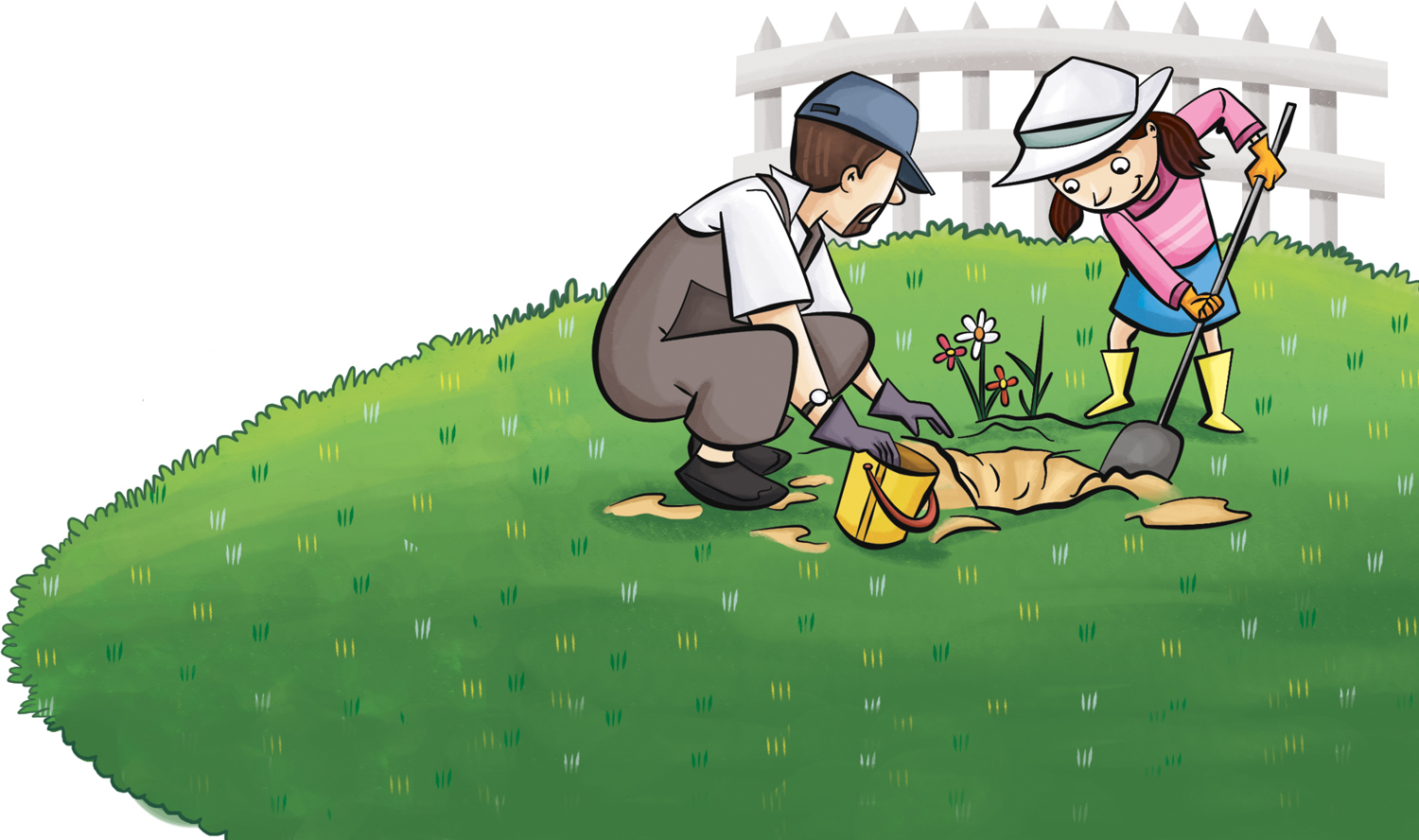
burrow
Rabbits keep burrowing holes in the vegetable patch.
excavate
Archeologists are excavating at an ancient burial site.
hollow
Hollow out the centre of the pumpkin and cut teeth and eyeholes in the skin.
quarry
Marble has been quarried in Italy for many centuries.
scoop
Libby scooped out some ice cream from the tub.
tunnel
Some prisoners of war tunnelled their way out of the camp.
dirty ADJECTIVE
Something that is dirty is marked or covered with mud or stains.
filthy
“Your hands are filthy,” said Dad. “Go and wash them.”
foul
The pigsty was foul with droppings, old straw and mud.
greasy
“I hate washing up greasy dishes,” complained Simon.
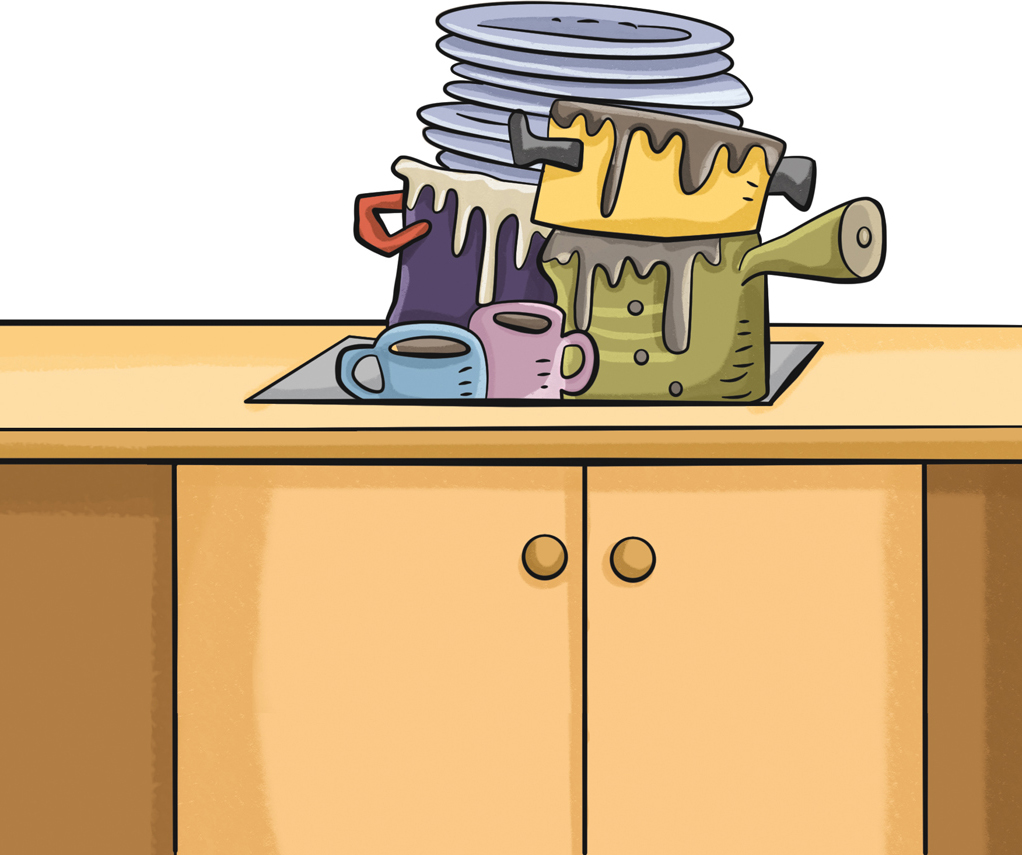
grimy
Driving in the open-top car was great fun, but it made their faces pretty grimy.
grubby
He scrubbed at his knees with a grubby old tissue.
messy
Cleaning out the hamster is a messy job.
muddy
He came in from football with muddy shorts and boots.


